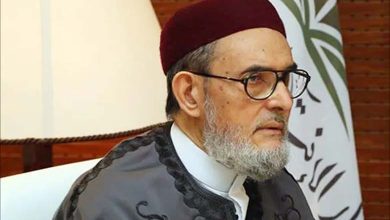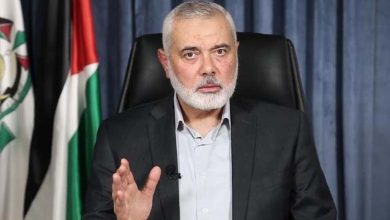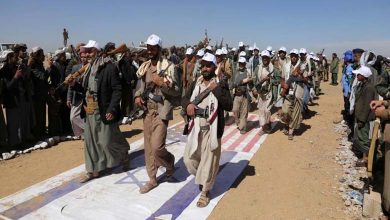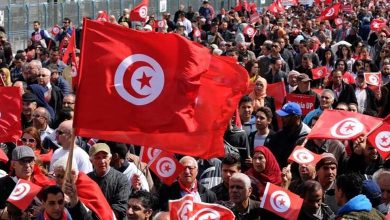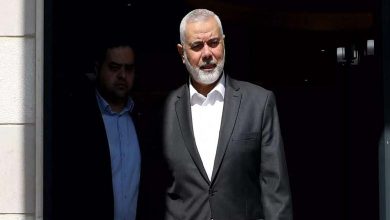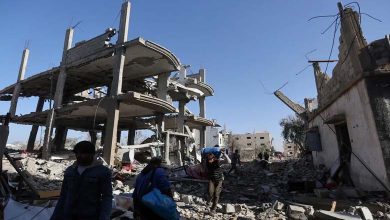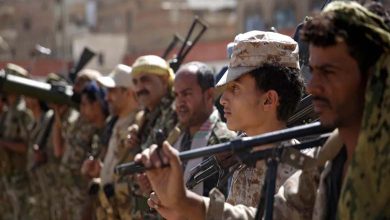Is Al Sudani boosting Iran’s influence in Iraq?
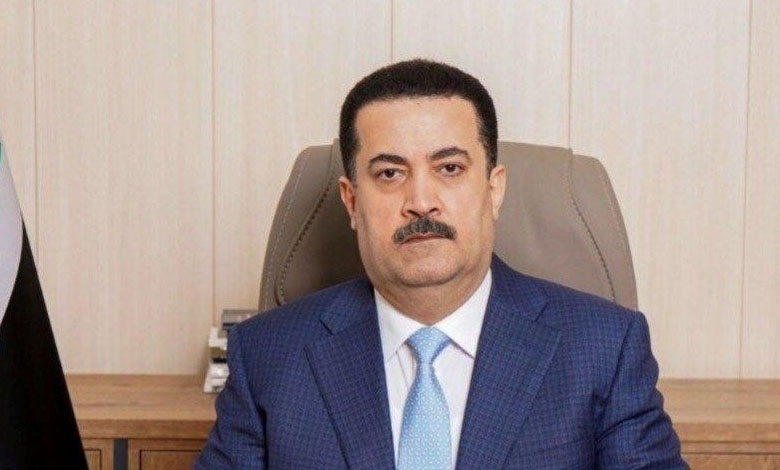
The first international meeting conducted by the appointed Prime Minister, Mohammed Shia’ Al Sudani, confirmed the probable possibility that were likely, related to Al Sudani’s subordination to Tehran.
The Al Sudani Prime Minister met yesterday with the Iranian Ambassador to Iraq, Mohammed Kazim Al-Sadeq.
The ambassador conveyed to Al Sudani the congratulations of the Iranian leadership on the assumption of his duties and the confidence his government has in the Council of Representatives, according to a statement issued by the Iraqi government and published by the Iraqi News Agency.
The meeting witnessed a review of the overall bilateral relations between the two neighboring countries and means of enhancing them, as well as the development of mutual cooperation at various levels and fields.
During the meeting, they stressed the importance of partnership and bilateral work between Iraq and Iran to promote sustainable development for the benefit of the two friendly peoples and to work to establish stability for all the peoples of the region.
According to Middle East Online, the meeting revealed the role played by Iran in the Iraqi political arena, amidst expectations that the new government, supported by Tehran’s allies, will be a tool in the hands of the Iranians to achieve their interests.
Observers believe that the new Iraqi government, which is subject to the quota system, will not be outside the circle of Iranian hegemony, especially since its main supporters are among the most loyal political forces to Iran, especially the coordination framework.
Iran has stood firmly by the framework in its disagreement with the Sadrist movement, which has repeatedly indicated that it rejects Iraq’s submission to Western or Eastern hegemony, in reference to Iranian authorities.
Al-Sadr movement leader Muqtada al-Sadr has said more than once that he wants to form a national government that is neither Western nor Eastern, in what seems to be a clear message that Iranian support for some political forces is the cause of the crisis in Iraq.
But Iran sent strong messages to the Sadrist movement in the midst of the conflict with the framework, saying that there is no room for division of Shiite political forces. It warned Al-Sadr that it wants a unified Shia, and that it does not want Arab and other loyal Shiites, and that he must accept dialog with the coordination framework and its leadership, and forget his old differences with former Prime Minister Nouri Al-Maliki.
Last Thursday, the Iraqi parliament gave confidence to the Al Sudani Prime Minister and his team, which must now face numerous political and economic challenges.
A majority of 329 MPs (half plus one) voted on the ministerial program, followed by 21 ministers with a show of hands inside the Parliament Hall in the capital during the session, in which 253 MPs participated, according to Agence France Presse.


